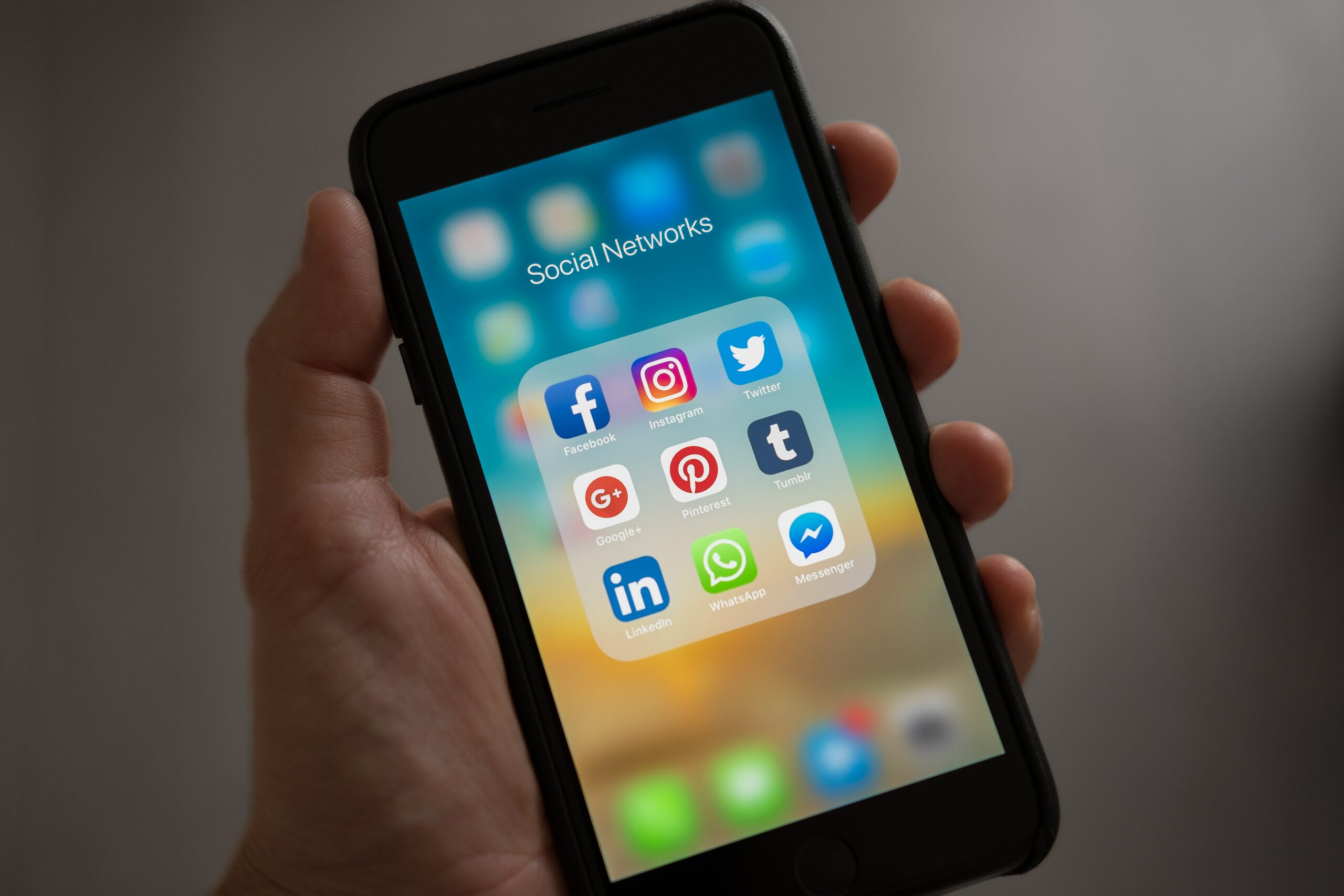New legislation could finally level the playing field and give users back some of the power lost to gatekeepers over the years through the Digital Markets Act, writes Pirate MEP Marcel Kolaja in an opinion piece which was also published in Brussels Morning.
On-line platforms have dramatically changed the digital economy over the last two decades. They play an important role in creating the “digital value” that underpins future economic growth in the EU and are, therefore, crucial to the effective functioning of the Digital Single Market.
Public discussion has heavily focused on the Digital Services Act (DSA) over the last few months. However, together with the DSA, the Digital Markets Act (DMA) is part of one legislative package. The main difference between the two is that the DSA will regulate how companies handle illegal content on their platforms, while the DMA solely targets gatekeepers and will regulate unfair practices that the gatekeepers may make use of, given their market power.
The two pieces of legislation should complement each other, with the overall objective to protect the rights and interests of consumers and users.
Gatekeeper regulation
In the European digital economy, there are about 10,000 on-line platforms. Most of which are small and medium-sized enterprises, but a small number of large companies have an enormous market share. Hence, they have a significant impact on digital markets and can control access to them. Their common feature is that they connect many businesses with end users, in return for their personal data. In their dominant position, they can have a negative impact on quality of service and innovation, and in certain cases they can even influence our democracy.
Some of them control entire ecosystems and, therefore, make it extremely difficult for smaller companies to contest their position. Gatekeepers include app stores, search engines, social networks, video sharing platforms, and many more. They usually rely heavily on data, and some of them also have a systemic role in shaping information flows.
The DMA should set rules for gatekeepers such as Google, Facebook, Amazon, or Apple to achieve a level playing field. With the right rules in place, smaller players will be able to compete and users will have the opportunity to turn to alternative platforms if they wish, thanks to a more diverse market.
Interoperability
Take Mastodon, a decentralised open-source social network that allows different organisations and individuals to operate independent servers that are interconnected to provide a seamless social media experience across the whole network. In other words, there is not a single company that provides and manages this network. Users can choose which operator they want to sign-up with, while still being in touch with other users using other operators.
The good news is this is not the only platform such a principle is deployed. For instance, there is the video-sharing platform PeerTube or instant messaging platforms such as Matrix or DeltaChat. Some platforms, like Briar, even operate on a peer-to-peer basis without any for a provider. All in all, there are varying alternatives to choose from. The question is, how can people choose a platform of their liking and stay in touch with their friends on the dominant platforms? The answer is interoperability.
If the dominant platforms become obliged to provide other platforms a possibility to interconnect and provide seamless user experiences across different platforms, it will allow people to stay in touch with their friends without the need to have seven different similar apps installed from seven different companies. The fact that you can send an e-mail across e-mail providers seems completely normal to us today. But why can’t we send messages from one chat platform to another as well?
Thanks to interoperability, users will not just be able to use other platforms without limits, but also to transfer their data from one to another, switch between services, or uninstall pre-installed software. Why should we have pre-installed Google applications on Android phones without the option to delete them and why should developers who opt not to put applications on Google Play never be seen?
Limit personal data combining
Tim Cook, CEO of Apple, recently admitted that the tech behemoth buys a company every three to four weeks. Together, it has acquired about 100 companies over the last six years but it’s not the only tech giant to hunt for smaller businesses.
Recent news reports highlighted a new condition on the popular Whatsapp for sharing data with Facebook, with an attempt to quietly take advantage of the five years after the merge. Another major acquisition was Google’s buyout of fitness tracker firm Fitbit, the original intention of which was to expand data collection for targeted advertising.
As there is currently no equal position in the digital market, small businesses have no choice but to accept buyouts from big companies. Gatekeepers acquire smaller companies often to expand their portfolio and attain more personal data but also to eliminate competition. These unfair practices result in the markets failing to offer sufficient quality options. We need to make sure that users’ data will only be shared with the platforms they have agreed to.
Time is now
Online and screen time has increased, particularly over past year due to the pandemic. This new era brings not only benefits but also threats. Legislation in this area has barely seen actual change in the last two decades or more but the DMA could offer a way to meet current challenges.
The DMA is an internal market instrument but it is nevertheless for the end user’s benefit. Everyday citizens should be empowered to have real choices between application and services and they should be able to regain control of their personal data.
Now they’ll be protected and have a stronger user experience of the Internet.


0 comments on “Now the Digital Markets Act is here, could this be what tames big tech?”